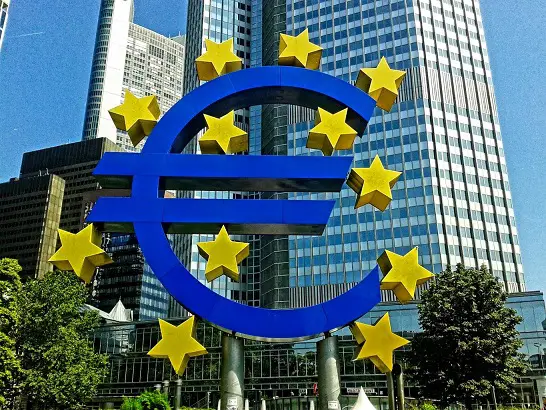The European Central Bank (ECB) has reported that growth in the Eurozone has almost stalled entirely in 2023, following the effects of higher energy costs and supply bottlenecks.
Speaking to European lawmakers in Brussels on Monday, ECB President Christine Lagarde said, “The latest available data suggest that indicators of underlying inflationary pressures remain high and, although some are showing signs of moderation, there is no clear evidence that underlying inflation has peaked.”
According to Lagarde, across the 20 member bloc domestic demand, in particular consumption and business and consumer confidence, all remain weak. Although the manufacturing sector is still in the process of fulfilling a backlog of orders, even its outlook is worsening, she said. The services sector remains the lone bright spot, primarily due to the reopening of the economy following the pandemic.
In the Eurozone, inflation eased to 6.1% in May, a mild decline from April’s 7.0%. Although food price inflation remains elevated, it is decreasing, reaching 12.5% in May, down from 13.5% in April, she noted. Core inflation, excluding energy and food, fell to 5.3% in May, down from 5.6% in April.
The ECB head said, “Upside pressures on both headline and core inflation are still coming from the pass-through of past energy cost increases and supply bottlenecks, which are nonetheless expected to fade gradually.”
Lagarde went on to note as employees have sought to recover some of the purchasing power inflation has cost them, wage pressures have strengthened.
She noted, rising food prices are still weighing on low-income households in particular, and that the ECB is “fully committed to fighting inflation” to achieve its 2% target. She also implied that the ECB would be raising its three key interest rates by 25 basis points due to inflationary pressures at its next policy meeting.

